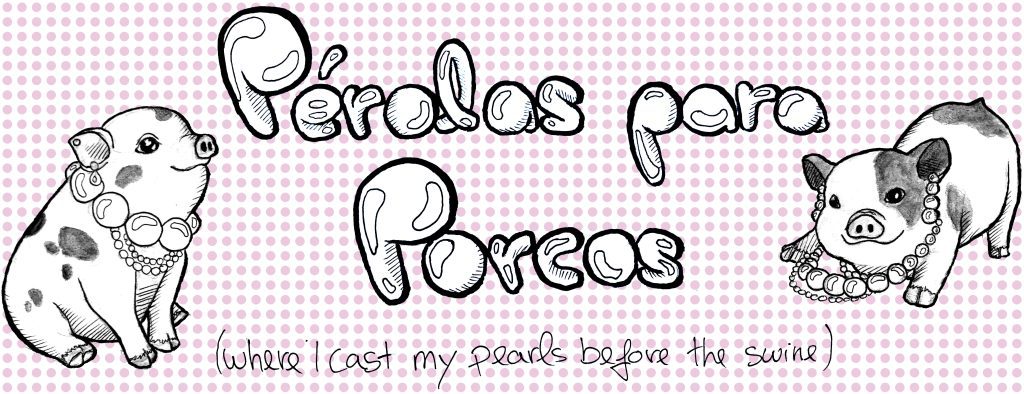The “interventive” aspect of Abi Feijó and Seara Cardoso’s work is also noted in the impact and influence they had in the animation industry and puppet theatre in Portugal. Not only were they trailblazers for their own styles of storytelling, but they were also responsible to create animation studios, theatre companies, museums and courses which allowed for their knowledge and experience to be passed on to the following generations.

Sadly, João Paulo Seara Cardoso passed away way in 2010, but his work is very much still alive through his company “Marionetas do Porto”, a puppet theatre company founded in 1988 in Porto, Portugal. The company rose to prominence with “Vai no Batalha” (1993), a political satire play that criticizes the ruling politicians of that time (like Cavaco Silva and Mário Soares), pays homage to the traditional “revista” style of theatre and comments on the current situation of Porto through the perspective of its citizens. After destroying this set and refusing taking this play to Lisbon, Seara Cardoso says “Having a big audience isn’t the most important thing. What really matters is to create theatre that we believe in and with great honesty.”

Throughout his career, he staged more than 30 theatre puppet plays, non-puppet plays, operas and wrote 9 children’s books. In puppet theatre, he developed a style that was unafraid to reveal its actors and known for mixing puppets with other art forms, such as dance, music, sculpture and installations, as well as his passion for mechanical engineering. For example, in his last play,”Make Love Not War” (2010), he was able to combine his fascination for moving engines and puppetry to adapt the greek play “Lysistrata”. After his death, his company was able to fulfill his dream and created the Puppet Museum of Porto (2013), where a lot of his creations are now showcased.


Regarding Abi Feijó, throughout his career he was able to found two animation studios, “Filmógrafo” (1987-2002) and “Ciclope” (2002-) where he was able to produce not only majority of his films, but also films from other remarkable Portuguese directors. “Filmógrafo” was created when Abi was developing “Time of Darkness” (1988) and during a time when there wasn’t any investment in Portuguese independent animation. While making “Outlaws”(1993), the studio obtained financial support and Abi was able to mentor many animators whose first films were produced by “Filmógrafo”. Among them, there was José Miguel Ribeiro and his film “The Egg” (1994), Pedro Serrazina and his film “The Tale About The Cat And The Moon” (1995) and Regina Pessoa and her film “The Night” (1999). Regina Pessoa and Abi Feijó still collaborate to this day, and her most recent film “Uncle Thomas: Accounting For the Days” (2019), a co-production between Portugal, France and Canada, has won awards in both Annecy and Annie Awards.
“Uncle Thomas: Accounting For The Days” directed by Regina Pessoa (2019)

Besides these animation studios, Abi has been able to mentor many other students of animation not only through “Cooperativa Árvore” but also in universities in Porto, like Universidade Católica and Escola Superior Artística do Porto. He founded “The Animation House” in 2001, a cultural centre that promotes and divulges the art of animation, as well as “Casa Museu de Vilar” in 2014 a small museum that exhibits “a collection of interactive objects from Pre-cinema”, as well as Feijó and Pessoa’s work and other international animators.
Final Thoughts
The “Carnation Revolution” is not just part of my country’s history it’s also part of my family’s history and similarly to these animators, I want to carry that legacy with the work that I do. As a queer, gender non-conforming person, a lot of the obstacles that I face in my country are caused by fear, anger and prejudice inherited from the dictatorship. I strongly believe that understanding that time and reflecting on the lessons learnt from the revolution through the arts and education, can prevent future generations from making the same mistakes.
Nowadays, I think there’s too much repetitive meaningless noise with the amount of digital media we consume and I think it’s important that visual content creators take accountability for that. Therefore, like Abi Feijó and Seara Cardoso, I’m not really interested in feeding that noise, by entertaining or distracting people from thinking. Instead, I would rather make them think!
